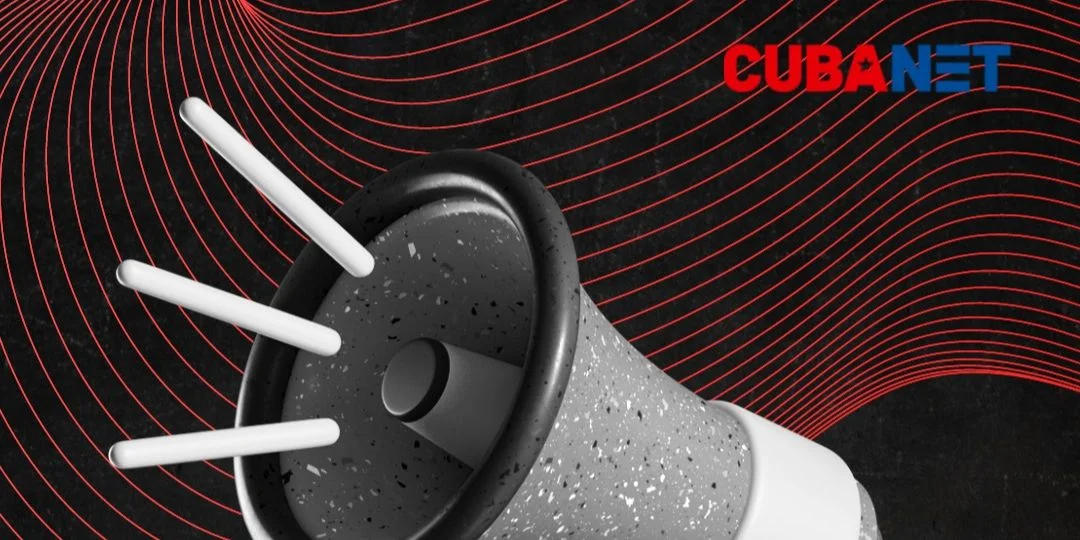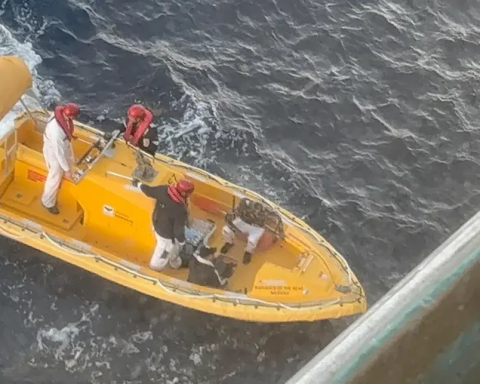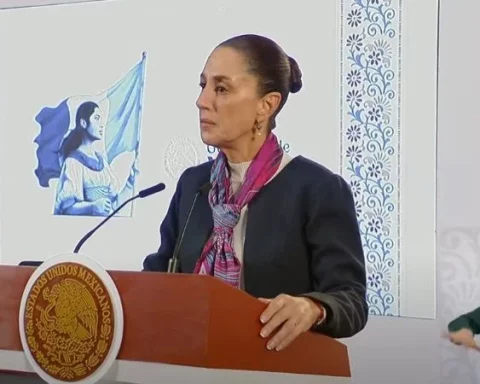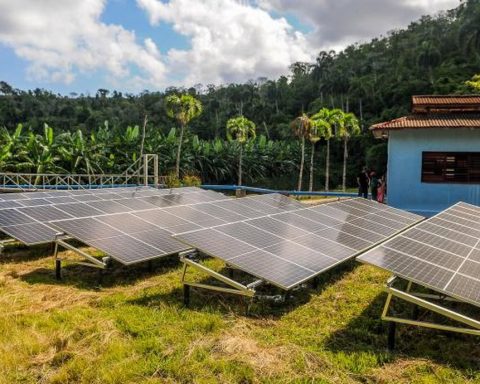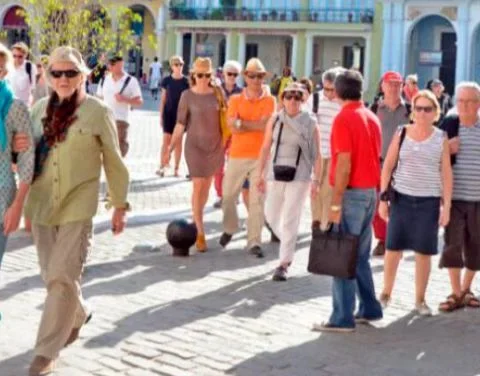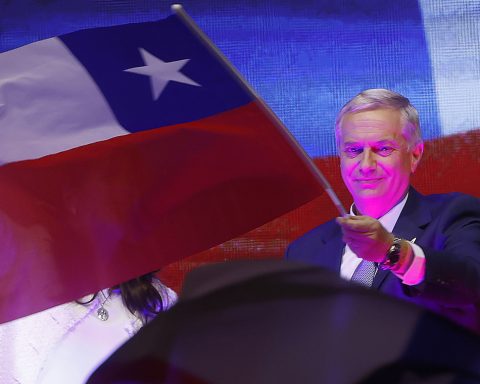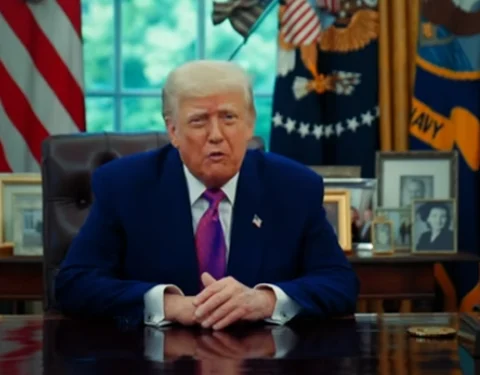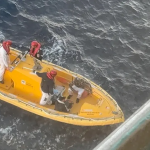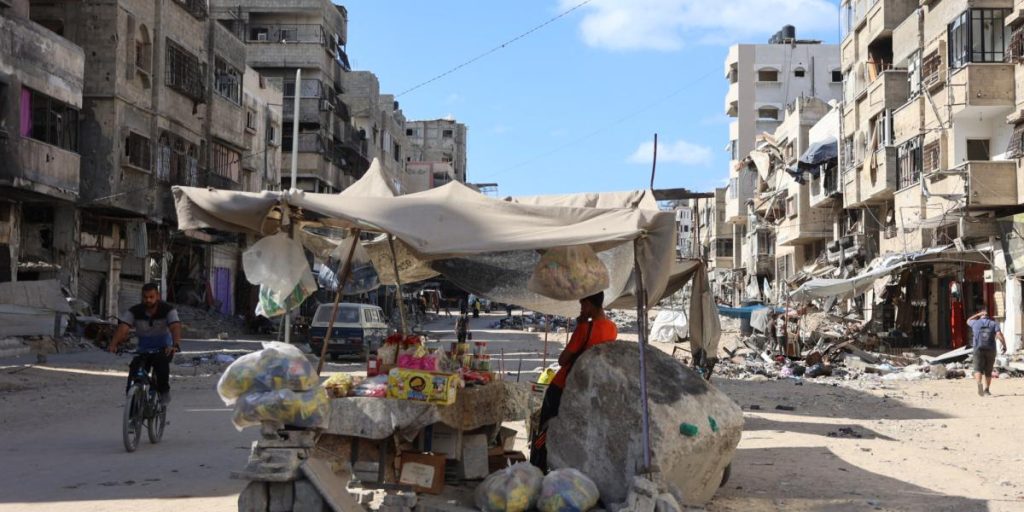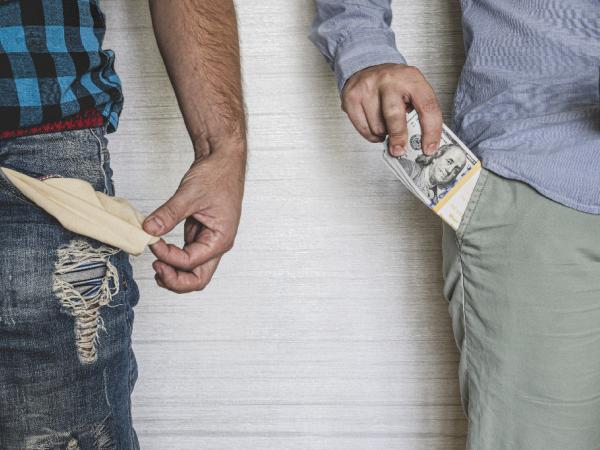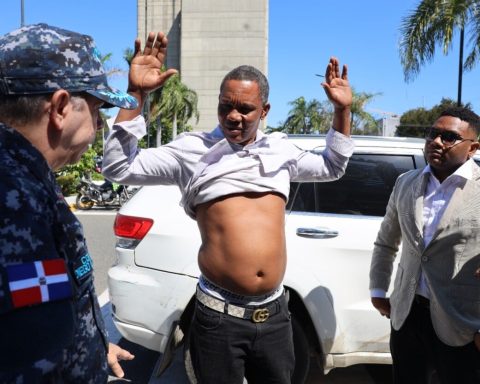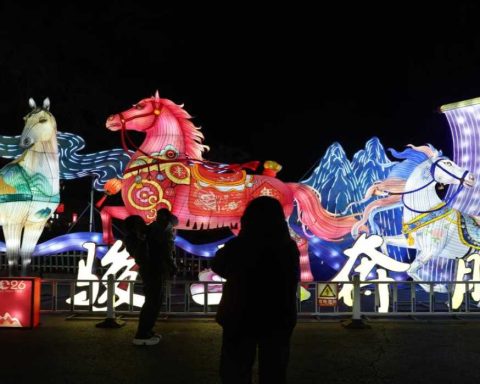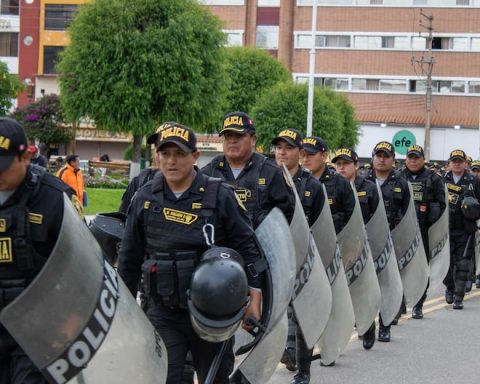MIAMI, United States. – Several journalists and collaborators of CubaNet who reside on the Island have been victims in recent hours of repressive actions directed by regime authorities. These actions include threats, intimidation, brief detentions, and confiscation of work assets and money.
The journalists, whose identity is not revealed to avoid further reprisals, have been threatened with high prison sentences or having the integrity of their families affected if they continue their work. However, the repression has not been limited to verbal threats: several reporters from CubaNet have also been filmed against their will under duress and after hours of psychological torture, they reported.
Likewise, agents of the State Security They have confiscated the journalists’ personal property in the last few hours. They have also taken away their electronic devices and savings.
These repressive actions are part of a growing wave of harassment against independent and opposition journalists in Cuba, a country where free journalism is punished. Intimidation of journalists and activists is a common tactic used by Havana to suppress critical voices and prevent the dissemination of information not controlled by the State.
Just this week, transcended the entry into force of the Social Communication Law approved by the Cuban regime, which has been criticized as a new instrument by the Cuban authorities to limit freedom of expression and access to information.
After the approval of the law, the Inter-American Press Society (IAPA) condemned the Cuban regime for its “ploy to legalize censorship,” which reinforces the repression of press freedom and restriction of citizens’ freedom of expression.
Michael Greenspon, new president of the SIP and global director of Licensing and Printing Innovation of The New York Timesdenounced the tightening of restrictions on the media and journalists on the Island.
“It is clear that the regime increases new forms of censorship against media and journalists through administrative and legal restrictions to defuse social discontent,” Greenspon declared, according to the note published on the IAPA website.
“In its more than six decades of existence, the Cuban dictatorship has specialized in restricting freedoms and violating human rights,” he added.
As derived from its postulates, the regulations It will not guarantee freedom of the press on the Island nor will it allow the dissemination of content independent of that produced by the State; only recognizes the legality of the media that are linked to the Communist Party of Cuba (PCC), the only legal party in the country.
Since its approval, journalists and various non-governmental organizations have indicated that the law will represent a tightening of restrictions on independent digital media in Cuba, which will continue not to be recognized by the regime and whose journalists are subject to harassment and threats of prison. the authorities.
